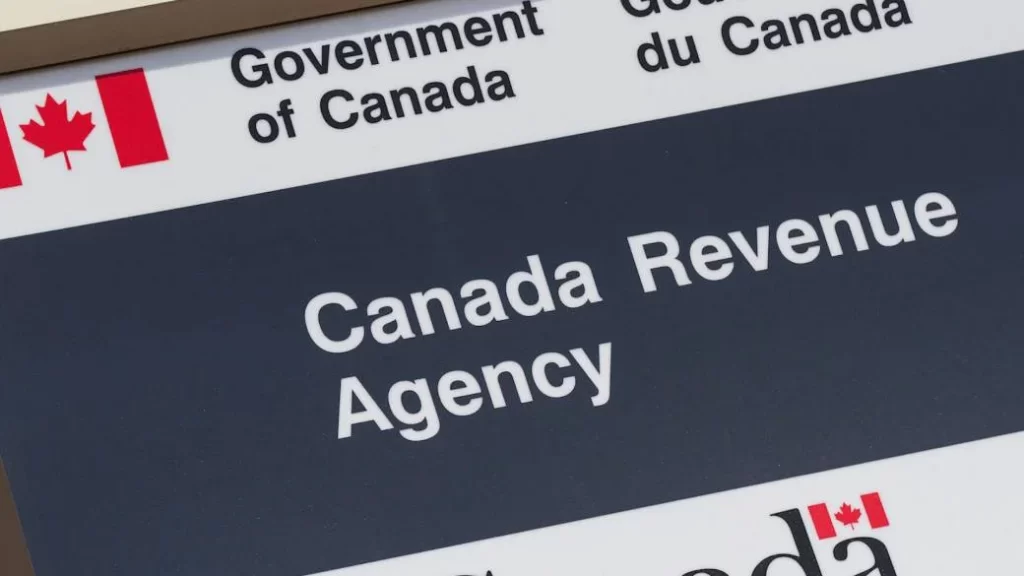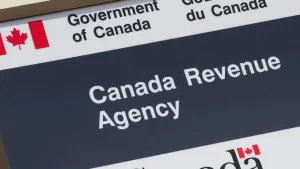As a business owner in Canada, staying on top of your financial obligations is crucial to ensure the smooth operation of your company and avoid any unwanted surprises. Filing your business taxes accurately and on time is not only a legal requirement but also a strategic move that can impact your bottom line. In this article, we’ll guide you through the essential steps How to File Business Tax in Canada while optimizing your financial outcomes.
1. Understanding Your Tax Obligations
Before you dive into the process of filing business taxes in Canada, it’s vital to have a clear understanding of the tax obligations that apply to your specific type of business. Different structures, such as sole proprietorships, partnerships, and corporations, have varying tax rules and regulations. Familiarize yourself with the federal and provincial tax requirements relevant to your business entity.
2. Organize Your Financial Records
Effective tax filing begins with well-organized financial records. Ensure that you maintain accurate and up-to-date records of all your business transactions, expenses, revenues, invoices, and receipts. This level of organization not only simplifies the tax filing process but also provides a comprehensive view of your business’s financial health.
3. Choose the Right Tax Filing Method
In Canada, businesses have the option to file their taxes electronically or through traditional paper forms. E-filing is often recommended for its efficiency and accuracy. Various tax software programs are available that can guide you through the process and help you maximize eligible deductions and credits.
4. Deductions and Credits: Don’t Miss Out
One of the advantages of filing business taxes in Canada is the range of deductions and credits available to reduce your tax liability. Research and understand the deductions applicable to your industry and business activities. This could include expenses related to operating your business, employing staff, or investing in research and development.
5. Consider Professional Assistance
While it’s possible to file your business taxes independently, seeking professional assistance can be a smart investment. Certified accountants or tax professionals possess expertise in navigating the complex tax landscape, ensuring compliance, and optimizing your tax strategy for maximum benefits.
6. Stay Current with Deadlines
Missing tax filing deadlines can result in penalties and interest charges. Stay informed about the relevant tax deadlines for your business type and jurisdiction. Remember that different provinces may have different filing dates, so be sure to account for any regional variations.
7. Review and Double-Check
Before submitting your tax return, take the time to thoroughly review all the information you’ve provided. Double-check for accuracy and completeness to avoid errors that might trigger audits or lead to complications in the future.
Using expert service to file business tax is always beneficial in long term and results in significant tax and future cost savings. Get in touch with Abdullah CPA to file your Business Tax in Canada.






